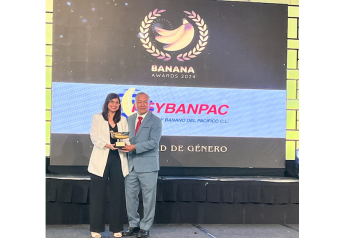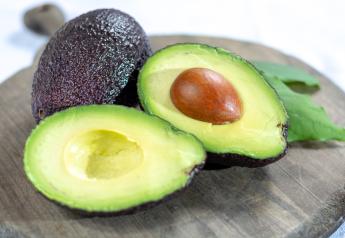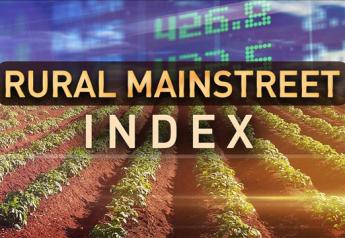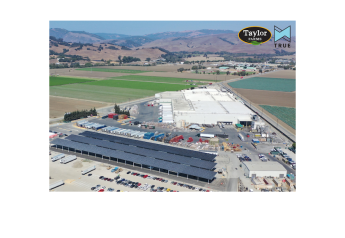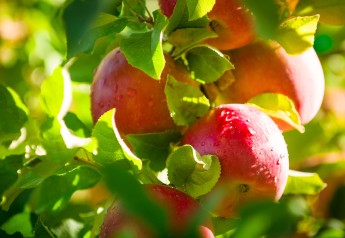Boston climbs out of coronavirus depths to tackle next challenges
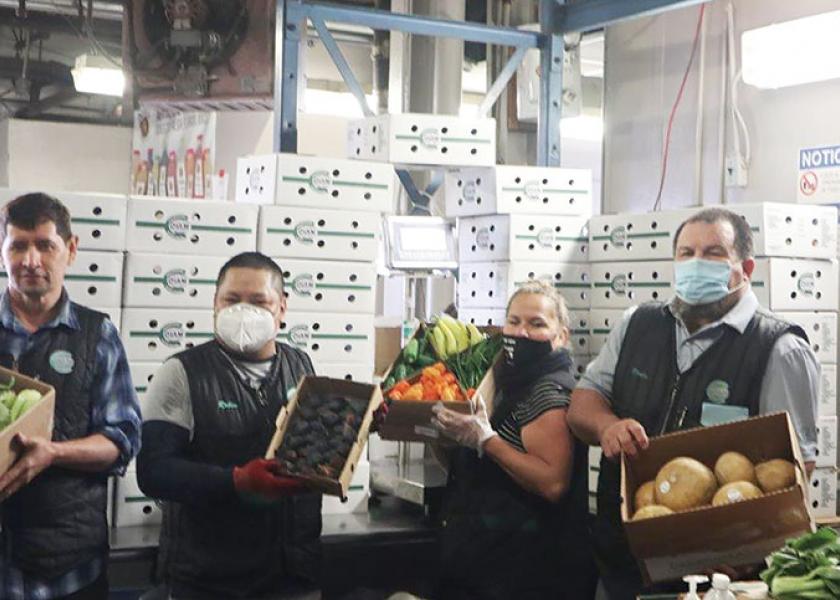
The Chelsea-Everett area bordering Boston was hit hard — really hard — by the new coronavirus in March and April, but many of the region’s produce companies are inching their way back to better days.
Early in the pandemic, Chelsea — a city of 40,000 packed into two square miles — was called the “epicenter of the coronavirus crisis in Massachusetts,” according to the New York Times on April 25. At 3,841 per 100,000 people, the infection rate was six times the state average.
By Aug. 19, that rate dropped to almost 24 infections per 100,000 people.
Now, most sales and warehouse crew members are back, wholesalers say.
“It’s a big transition period,” said Alan Lisitano, vice president of Chelsea-based Lisitano Produce, operating since 1992 just outside the New England Produce Center.
“The community has been hit hard, but it’s getting better. We’re still here, so we must be doing something right, we hope.”
When the situation was at its worst, Chelsea-based Coosemans Boston was doing about 20% of its typical business, but by mid-August, the wholesaler was hovering at about 60% compared to the same time last year, said Maurice Crafts, managing partner.
Pre-pandemic, 80% of his business was from foodservice customers.
“The whole world changed overnight in March when the government of Massachusetts shut everything down,” Crafts said.
“There were companies here that laid off drivers overnight. Some dumped all their inventory at the market. I had to let pretty much everybody in my crew go for about two months, but slowly but surely, I’ve been able to bring just about everybody back, starting with sales then warehouse. It was tough. Things seem to be on solid ground now, and we’re hoping things get better.”
Foodservice distributors with too much inventory in March came to the market, where companies could sell it for 50 cents on the dollar, which was better than dumping it, Crafts said.
Summer is always a bit slower in Boston when local produce is in season, but business has been even slower without the typical festivals, fairs, fireworks and parades.
Still, there has been an uptick in business for the New England vacation locales, South Shore areas such as Cape Cod, Mass., and New Hampshire’s Lakes Region.
Microgreens, herbs, little tomatoes and specialty tomatoes normally go up at this time, Crafts said.
“I believe there are above-average food resources in people’s homes from the time they were collecting food when it was short, like a squirrel gathering nuts for winter. Now they’re eating down their inventory, if you will. Plus, they’re going out to eat,” said Eugene Fabio, an owner of tropical fruit wholesaler J Bonafede & Sons, Chelsea.
J Bonafede’s business was about 35% foodservice purveyors and 65% retail, but now the purveyor business is about 10-15%, he said.
During the initial peak of the pandemic, Fabio had almost no staff due to the virus.
“One day I showed up to work and there were only three guys. Everyone had it. For a couple weeks, it was very bad here,” said Fabio, who said he got the virus but had a milder case compared to some.
“I didn’t live in fear though. We were an essential business.”
Many wholesalers are anxious to see how schools, from kindergartens to universities, will re-open come fall.
Boston has 35 colleges, universities and community colleges, according to the Boston Redevelopment Authority.
“It’s a huge college town, and many students aren’t going back. It’s all remote,” Lisitano said.
For schools that do reopen for in-person learning, the cafeterias and cafes may stay closed, and those are big customers of these wholesalers’ customers.
“Who knows how that is going to happen? Nobody knows,” he said.
Another challenge coming up is the sale of the Boston Market Terminal, and what that might or might not mean for the handful of companies who operate there.
The property was sold in November, but many company leaders in the Chelsea-Everett area are speculating on the details, which haven’t been solidified almost nine months later, said Peter John Condakes, president and co-owner of Chelsea-based Peter Condakes Co. with his brother and two cousins.
“As a result, some of the people over there are looking for space at the New England Produce Center or other spaces. There may be other changes, but I don’t know what they are yet, so I’m not going to speculate,” Condakes said.
“Others may have a different take.”
A couple of other company leaders did not want to comment about the terminal property sale until more details are finalized.
In 2019, there were six companies at the Boston Market Terminal, and 27 companies at the New England Produce Center.
The Davis Cos., a national developer based in Boston, bought the almost 17-acre property for $28.5 million, according to the Chelsea Record, a local publication.
The developer’s plans for the use of the property are fluid for now, wholesalers said.
Related Content:
The multiple layers of labor impacts by the coronavirus


